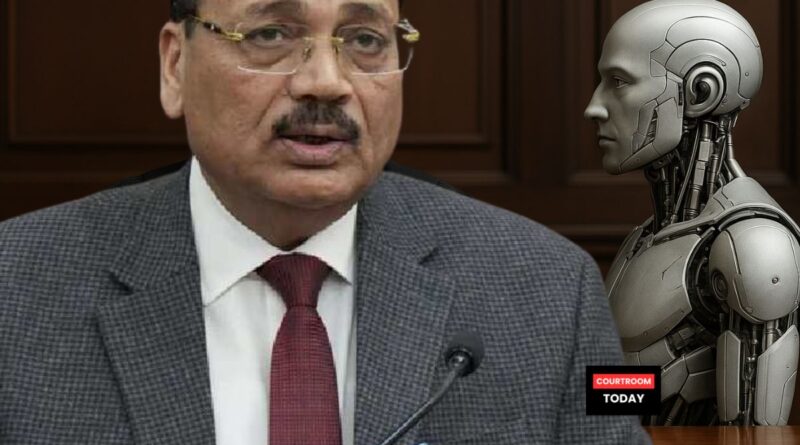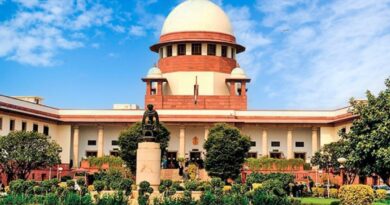Human Oversight is Non-Negotiable in AI Era, Says Supreme Court Judge
Supreme Court Justice Surya Kant has emphasized that Artificial Intelligence (AI) can be a powerful support tool for lawyers and judges, but it can never replace human wisdom in delivering justice. Speaking at the Bar Association of Sri Lanka’s annual law conference, he said technology should guide, but humans must govern.
“AI may help in research, drafting, or identifying inconsistencies, but it cannot sense the emotion in a witness’s voice, the pain behind a petition, or the moral depth of a verdict,” Justice Kant observed. “Let technology guide and humans govern — the final decision must always rest with the lawyer or the judge,” he added.
Human Oversight is Essential
Justice Kant warned against over-reliance on AI, noting that technological tools are not flawless and can produce inaccuracies or reflect hidden biases from their training data. Therefore, human review is “non-negotiable.”
“The lawyer or judge must always remain the final decision-maker, checking and validating the AI’s output,” he said.
Justice is a Human Enterprise
The judge underlined that justice is deeply rooted in conscience, compassion, and human dignity. “The essence of our profession lies not in data or algorithms, but in moral discernment and empathy. These are the fibres of justice that no machine can ever replicate,” he said.
He described the current era as a “decisive moment” for the legal profession — one that requires balancing technological progress with the timeless values of humanity. While data can inform decisions, he said, it should never dictate them.
Technology for Inclusivity
Justice Kant stressed that the real measure of technological reform lies in how inclusively it benefits citizens. “If technology allows a villager to file a plea without travelling miles or helps a poor litigant get heard without delay, then it has truly served its purpose,” he said.
He described technology as a force multiplier that has revolutionised legal practice — from e-filing and digital registries to virtual hearings and case management systems that make justice more accessible and transparent.
Transforming Legal Education
Justice Kant also highlighted the impact of digital tools on legal education. Online databases, digital internships, and live-streamed court hearings have made learning more interactive and globally connected.
However, he pointed out that the rapid digital shift has also brought challenges — such as digital literacy gaps, privacy risks, AI bias, and institutional hesitation. He urged bar councils and judicial academies to invest in digital training and capacity building to bridge these divides.
Safeguarding Client Data
He reminded lawyers that trust is the foundation of their profession. “Confidentiality, data integrity, and cybersecurity must remain sacred. Lawyers deal in trust, and they must protect it at all costs,” he cautioned.
Call for Ethical Collaboration
Justice Kant proposed forming a “legal tech consortium” across South Asia, involving judges, lawyers, technologists, and academics. This consortium could share best practices, training modules, and regulatory models to ensure ethical and responsible use of technology.
He also called for reforms in legal education, urging law schools to introduce courses on AI ethics, data science, and computational law to prepare future lawyers for a technology-driven world.
Humanity Must Lead
Concluding his address, Justice Kant said, “We can either resist technology and risk stagnation, or shape it with our ethical and legal values. Technology may light the way, but humanity must lead the journey.”





